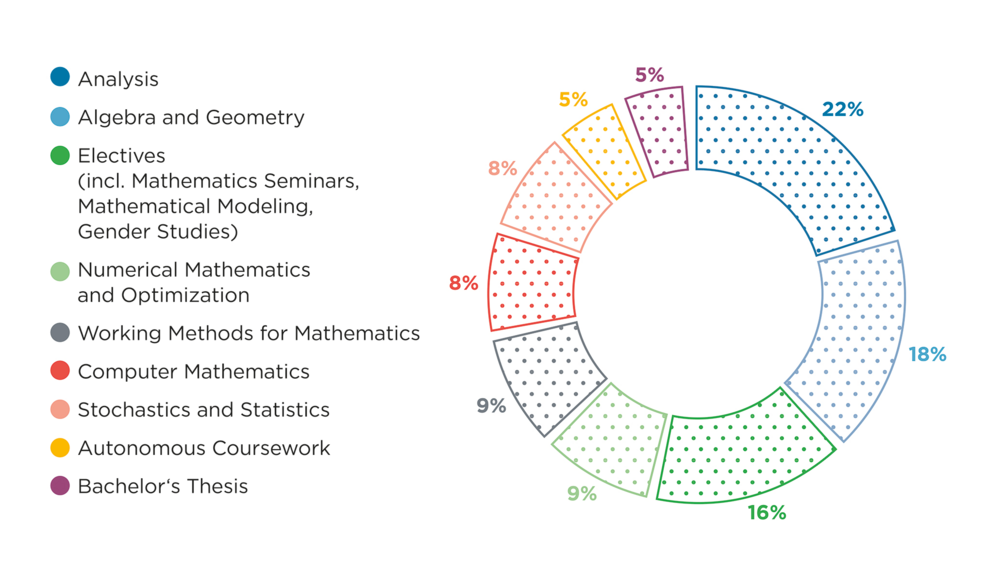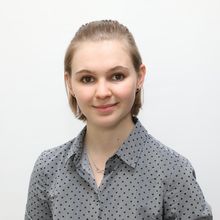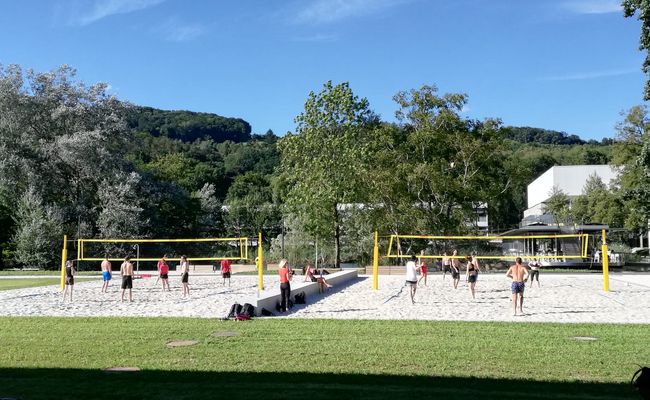- Preparation Courses: These courses are for newly enrolled students and reviews material from higher-level schools in a condensed format, helping to prepare you for introductory, university-level courses. Attendance is optional.
- Young Scientists, opens an external URL in a new window: A comprehensive program for gifted school students in Upper Austria.
- Mentoring Program, opens an external URL in a new window: Professors and other JKU faculty members meet in small groups with newly enrolled students provide tips and advice about studying in the program.
See: Mathematics at the JKU, opens an external URL in a new window for additional information.








